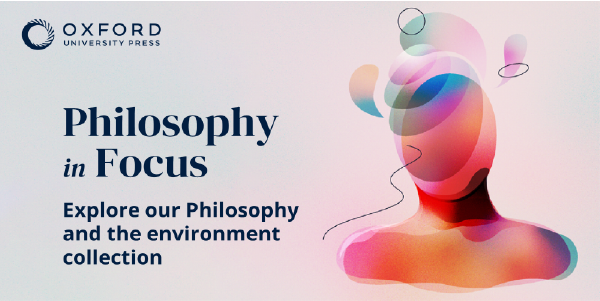[Paul Klee, “Before the Lightning”]
Last September, when the Department of Philosophy at Rhodes College invited Peter Singer (Princeton) to participate in a webinar on pandemic ethics, faculty in other units on campus objected and urged that the event be canceled.


Recently, two of the Rhodes philosophers involved in that controversy, Daniel Cullen and Rebecca Tuvel, had the opportunity to discuss what it was like being on the receiving end of the campaign to cancel the event, what they were thinking and doing at the time, and their broader reflections on disputes of this kind, on the “Banished” podcast.
I’m interested in us fleshing out what “inclusion of everyone in the activity of knowledge-seeking” involves, brainstorming strategies for grappling with potentially controversial inquiries that fit with the message that “everybody is accepted and welcome,” and how, if need be, to offend responsibly, so that feelings of offense are less likely to function as “conversation stoppers.”
It’s my perspective… that the way to practice, in an intellectual community, inclusion, is to remain focused all the time on inclusion of everyone in the activity of knowledge-seeking, and that can’t proceed without controversy, and it can’t proceed without generating feelings of offense. But the idea that those feelings would be a conversation stopper is the conclusion I think that is manifestly indefensible, if we intend to remain an institution devoted primarily to seeking knowledge. [17:29]
Despite considerable pressure from colleagues and a condemnation by the college administration of a vague caricature of Singer’s views about disability, the Department of Philosophy went on with the event (you can read all about this story here.)
Inclusion of the sort Professor Cullen mentions, it seems, isn’t achieved through mere invitation (consider, for example, an invitation to seriously entertain the idea of one’s own inherent inferiority), nor by merely telling the potentially offended to toughen up. Inclusion requires preparation, understanding, and care. Inclusion may only be achievable by structuring discussions or events in certain ways. It may require the cultivation of trust, or a supportive background culture, or supportive background institutions. Efforts at inclusion may be more successful as proactive rather than rearguard measures. And what else?
Here are two excerpts from his remarks during the podcast:
It’s a good thing that colleges and universities have become more diverse, and it’s true that in order to create a sense of community one needs to work at sending the message that everybody is accepted and welcome… And yet I think strangely what’s happened is that in our focus on this, we’ve lost sight of the point: “what is the community assembled for, ultimately?” That’s why I keep asking the question, “inclusion in what?” [32:47]
Despite polemical promptings from host Amna Khalid (Carleton), the philosophers are quite thoughtful in their discussion. Professor Cullen was particularly good, I thought, at making clear some of the concerns of would-be cancelers, though he disagrees with them in several important ways.
This is all very vague and speculative, I know, but I’m hoping to avoid the dynamic in which I make a specific suggestion in regard to a problem and then nearly all of the comments are about criticizing that suggestion. That’s not because I can’t take the criticism (if you think that, I only have one thing to say to you: “Welcome, brand new reader of Daily Nous!”). Rather, it’s because it would be useful to hear others’ ideas on this. So please share more specific and concrete suggestions for, or good examples of, “inclusion of everyone in the activity of knowledge-seeking.” More general discussion of the issue is also welcome, of course.





